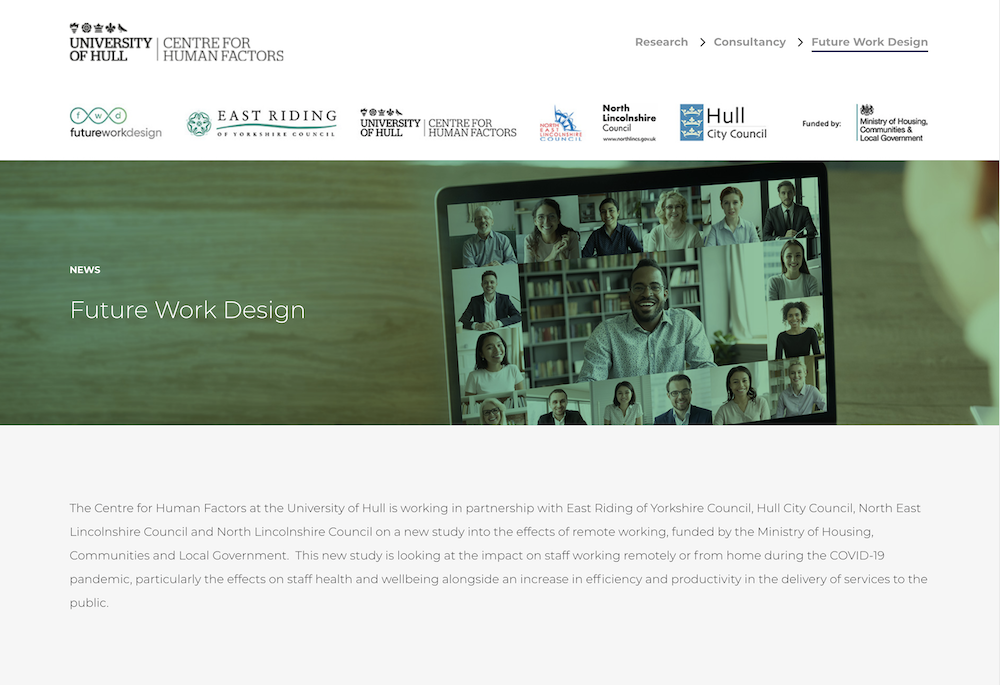The objective of this phase of the project was to understand the use of Microsoft’s Viva Insights tool and whether the use of a daily diary could help support staff wellbeing.
While the results of the research were not conclusive, they did reveal some useful insights into the need for organisational change (including changes in management perspectives and the demands put on staff) in order to achieve positive outcomes for staff.
Microsoft has also said that they may use these learnings to make changes to the Viva Insights tool going forward, so the team is still optimistic about seeing a positive impact.
Reading the project’s report ahead of their planned Office 365 roll out to staff has also helped East Riding of Yorkshire Council to prepare and know what to include and exclude in the process.
Meanwhile, the University of Hull has narrowed down which method they will use for the digital risk management tool. They have also been researching similar tools, but haven’t found one that is both digital and uses psychology inputs, as this tool will.
All of the method validation workshops for the digital risk management tool have now been arranged and the first one took place on Monday 20 June. These sessions will allow the project to sense-check the methods that have been chosen (following research by the University of Hull team) and to gather feedback on any challenges they can foresee as well as what worked well.
A digital platform planning session has been arranged for the team to discuss what platform the tool will be on — for example, an app or a link to a website — and how people will access the tool on that platform.
The team is also preparing to present the project at the LGA Conference 2022 on Thursday 30 June, on the Spotlight Stage. Find out more and register for the LGA Conference.
Project lead, Eddie Niblett (East Riding of Yorkshire Council), hosted a talk on ‘Tools to support staff wellbeing’ on Tuesday 21 June, which shared learnings from both phases of the project — register to watch a recording of the talk.
The team will also be speaking at the Local Digital Yorkshire and the Humber Roadshow in Leeds on Thursday 14 July.

 UK Ministry of Housing, Communities and Local Government (MHCLG)
UK Ministry of Housing, Communities and Local Government (MHCLG) 